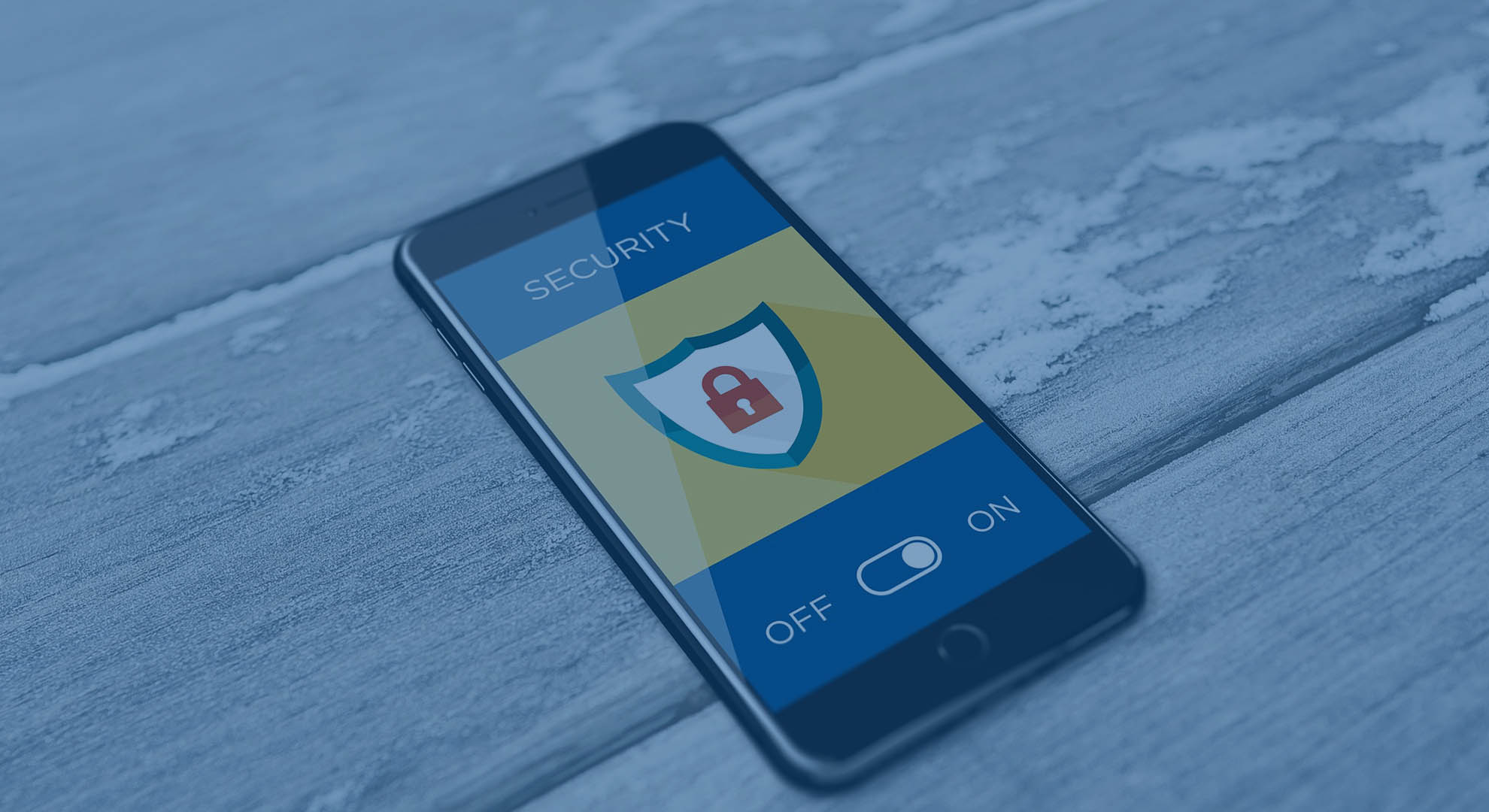Massive data breaches and cyber-attacks made 2017 quite a challenging year for the companies and governments worldwide. It not only exposed key vulnerabilities within the enterprise security measures but also vindicated the concerns that malware makers have got some deeper expertise in data breaches.
However, despite growing cybersecurity concerns, companies and people are not taking the required precautionary measures. They do not realize the potential challenges they face, and that lack of proper security measure can lead to catastrophic results.
This article is meant to highlight top 5 cybersecurity challenges that modern enterprises may face in 2018.
1. Ransomware Attacks Will Get Worse
Cyber-criminals have discovered by now, that keeping people’s data for money is a reliable method of extracting finance in small amounts. Nevertheless, they are aware of the fact that keeping organization’s data for ransom requires a little more effort. They also know that a few organizations critically important data is safeguarded by weak security measures.
This means that poorly protected healthcare organizations are required to be ready for extra loss-causing ransomware attacks. Whereas, banks probably get a break because they have a strong security backup.
2. Email Will Become a Bigger Threat Than It Was in 2017.
In 2017, it was reported that cybercriminals were already utilizing spear phishing through email to good effect. However, it is going get shoddier as the targeting will get enhanced and the deceiving will become extra sophisticated. There will be less email verification but it is an important security precaution.
In short, this means that organizations are required to introduce a few ways of authentication prior to employees taking actions. This includes; sending consumer list to someone outside the organization and transferring big amounts of money based on email request. Now employees are required to authenticate such action by doing phone calls.
3. Leaked Exploits Will Make The Spread of Malware Even Harder to Fight.
At this time, we have witnessed malware based on exploits that were created by national intelligence agencies. This encompassed national security agency that takes benefit of susceptibilities that were strengthened long ago. In the meantime, hackers will discover new techniques to break into computers because new exploits will be leaked from agencies. However, the best way to defend yourself is to keep your system upgraded. It’s time to find new apps if you are using apps that will break by upgrading them.
4. Malware Will Become More Targeted.
If your information is useful for cyber-criminals then you are a high-value target for them. Nevertheless, your company can also be targeted if your business partner has the real information. This means that if you have a close relationship with a company, even then you may be targeted as a method of getting to your partner. This is because you are a part of their supply chain.
Similarly, organizations must formulate for their supply chains to be a major target for cyber-crime. Attackers will utilize the supply chain as a method inside the company. They will also attack the supply chain to attain information and money. This means that you will require being ready for anything from order deceiving and false invoices to payment documentation that comes with entrenched malware. As in the case of email, you will be required to create verification processes if you can’t find automatic methods accessible commercially.
5. Your Staff will Remain Your Weakest Point
The quality of your processes and strategies and security products does not matter. Your employees are your weakest point except if you discover a method to keep your staff from being able to do stupid things, like clicking on email links. However, you will be able to keep such actions from being disastrous if you also device loss deterrence plans that make it so your staff can’t give away precarious data.
You can achieve this by safeguarding your information so that your employees cannot reach it directly. They can only get data if they have permission to do so via particular apps. This probably needs some architecture upgrades to enable data saving efficiently.

